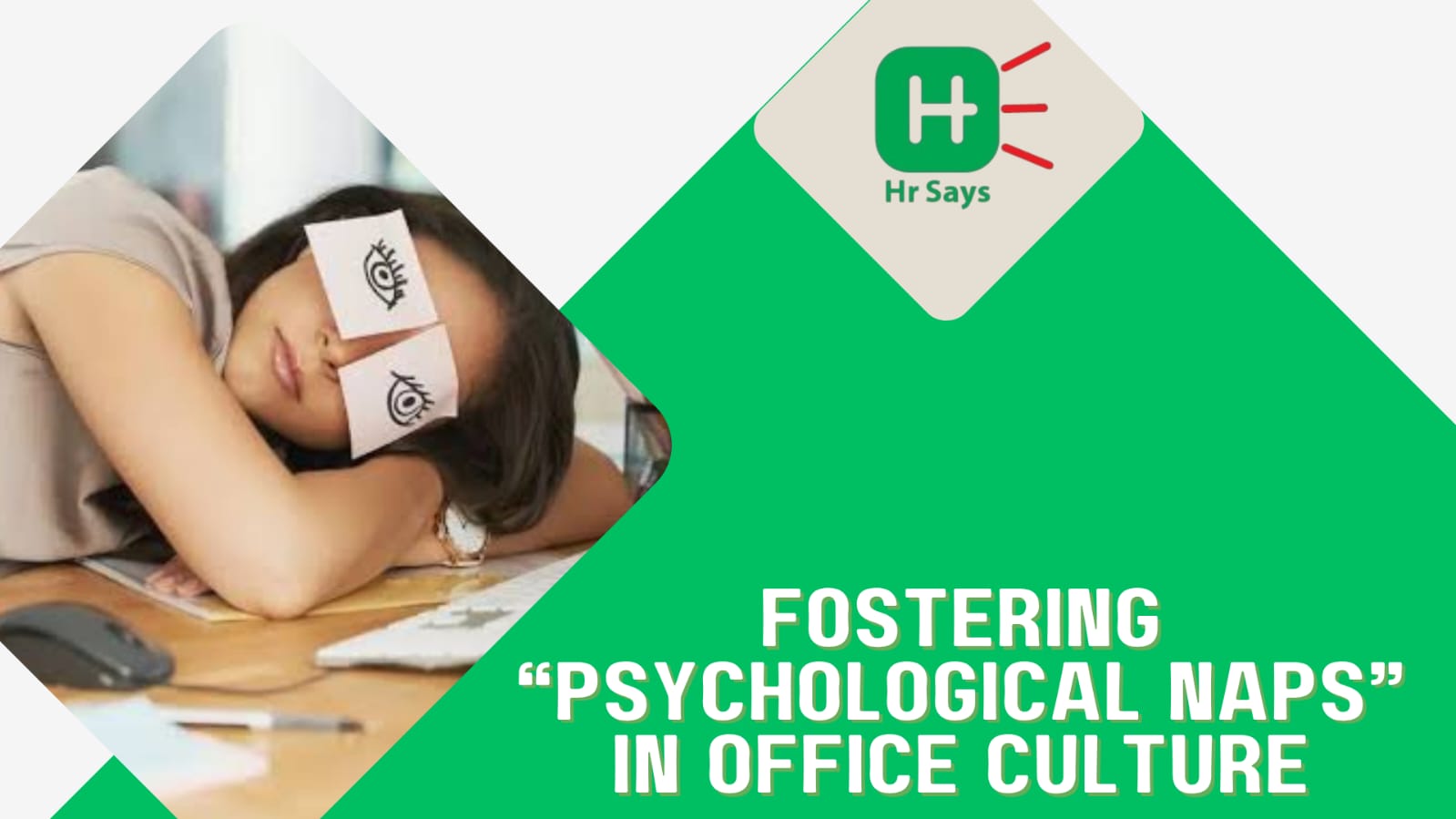Ever felt like your brain needed a break more than your body? That blank stare at the screen? The heavy breath between meetings? It’s not burnout yet. But it’s close. This is where the idea of “psychological naps” comes in.
Not Sleep—Still Rest
A psychological nap is not a literal nap. It’s not about pillows or sleeping pods. It’s about mental detachment—short moments where the brain is allowed to stop sprinting. In high-performance cultures, rest is still a taboo. But thinking non-stop is costing clarity.
These mental pauses may come in quiet forms:
● Looking out the window for a few minutes
● Being seated, your eyes closed at your desk
● Not scheduling back-to-back meetings
● Not opening another tab for five whole minutes
It sounds simple. But in office culture, doing “nothing” is often judged. Yet, in doing nothing, the brain regains strength.
Why It Matters Now
Today’s workplaces are louder than ever—notifications, Slack messages, updates, agendas. Multitasking is praised. Hustle is glorified. But mental energy isn’t infinite. Without space to breathe, thought turns into noise.
What gets affected?
● Decision-making
● Creativity
● Patience
● Communication
● Focus
A small mental break can reset the mind faster than caffeine. But this needs permission—from
the culture itself.
Let Stillness Be Safe
It’s not about productivity hacks. It’s about not feeling guilty when you're not “on.” Leaders
need to normalize it:
● A one-minute silence before meetings
● Space between tasks
● Off-camera moments in video calls
● Respecting quiet time in office hours
Nothing radical. Just small shifts. The message is: thinking time is working time.
Cultural Permission is Everything
You can’t schedule this in a policy. It’s felt, not told. If someone closes their eyes in the break
room, it shouldn’t be labeled laziness. If someone takes 10 minutes to “just sit,” let them.
Because in that pause, they might return clearer, calmer, sharper. And isn’t that what we really
want?
Conclusion
Psychological naps don’t slow down teams. They protect their sharpness. In a world running on
speed, the boldest move might just be a pause.
Don’t wait until your mind crashes. Let the silence step in before the noise takes over.

 Workplace wellness is evolving. Breaks are no longer about coffee or chairs. A quieter shift is
taking place—toward mental stillness. “Psychological naps” are becoming an unspoken need in
high-pressure office environments.
Workplace wellness is evolving. Breaks are no longer about coffee or chairs. A quieter shift is
taking place—toward mental stillness. “Psychological naps” are becoming an unspoken need in
high-pressure office environments.








.jpeg)
.jpeg)

.jpeg)





.jpeg)



.jpeg)

.jpeg)



